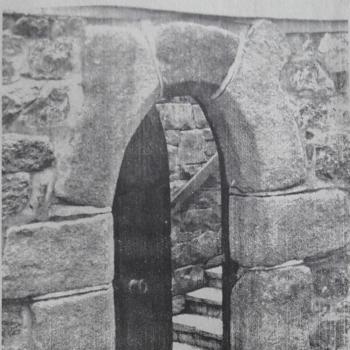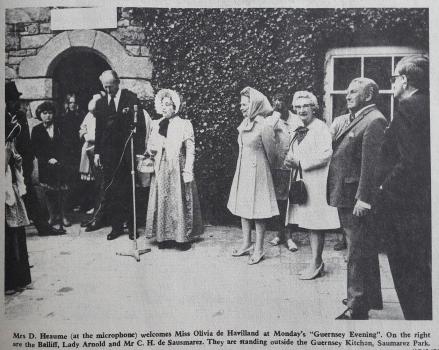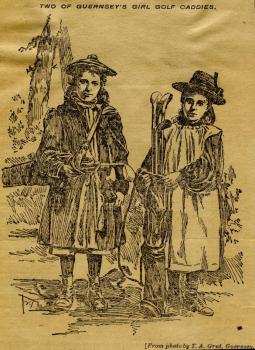Guernsey in old photographs: an index
16th July 2020
Nick Machon's super book, Guernsey in old photographs, based on the Guernsey Press' collection, was published in 1988 by Alan Sutton Publishing. It went through several editions. This is a list of the photographs included in it, by page.



